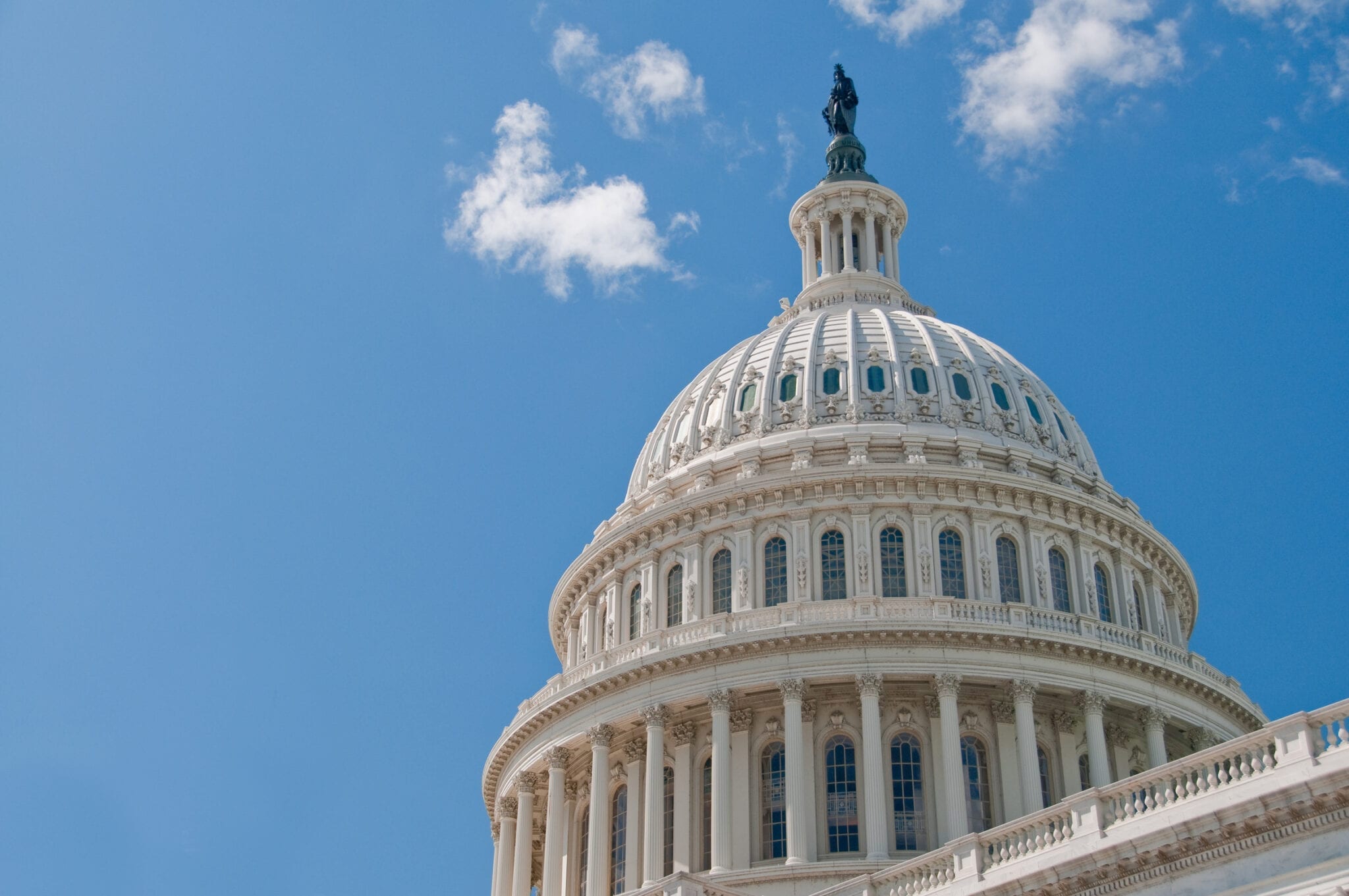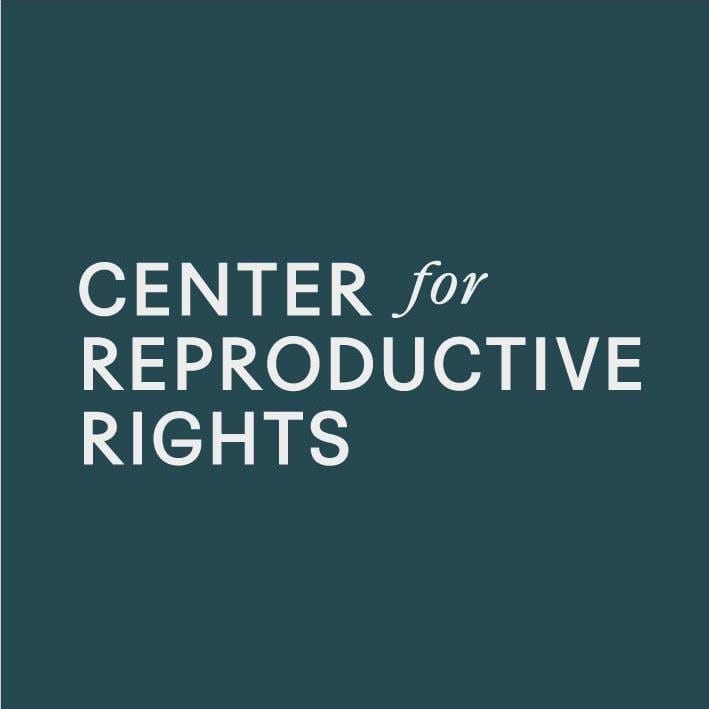Lawsuit Seeks to Block Oklahoma’s New Abortion Bans and Restrictions
Five Oklahoma measures include two abortion bans and severe restrictions on abortion providers and medication abortion.

The Center for Reproductive Rights and its partners filed a lawsuit in state court today to block five extreme Oklahoma state laws that ban and restrict abortion care. The measures are scheduled to take effect on November 1.
The laws would ban abortion entirely by suspending doctors’ licenses, ban abortion care as early as six weeks, bar family medicine doctors and others from providing abortion care, and severely restrict medication abortion.
The case, Oklahoma Call for Reproductive Justice et al. v. O’Connor, et al., was brought by the Center, Planned Parenthood Federation of America, Dechert LLP, and Blake Patton on behalf of the Oklahoma Call for Reproductive Justice, Tulsa Women’s Reproductive Clinic, Dr. Alan Braid, Comprehensive Health of Planned Parenthood Great Plains, and Planned Parenthood of Arkansas and Eastern Oklahoma.
“The Oklahoma Supreme Court has found time and again that the state legislature’s extreme attempts to restrict abortion are unconstitutional,” said Nancy Northup, president and CEO of the Center. “If allowed to take effect, these laws would end abortion access in Oklahoma, forcing patients to travel great distances and cross state lines to get essential health care.”
The Oklahoma laws would:
WHPA would protect abortion access in the U.S.
Women’s Health Protection Act
The Women’s Health Protection Act (“WHPA”) is federal legislation that would protect the right to access abortion care throughout the U.S. by creating a safeguard against bans and medically unnecessary restrictions.
- Declare that providing abortion care qualifies as “unprofessional conduct” by physicians, resulting in licensure suspension and other penalties. By preventing doctors from providing care, the law would effectively ban abortion.
- Ban abortion as early as six weeks into pregnancy, which is before many people even know they are pregnant.
- Disqualify many physicians from providing abortion care, including board-certified family medicine doctors, because they are not board-certified OB/GYNs.
- Make it extremely difficult to provide medication abortion by creating onerous regulatory schemes, which include an admitting privileges requirement and a restrictive ultrasound requirement. (Both measures are similar to laws that have been struck down by the Oklahoma Supreme Court and/or the U.S. Supreme Court).
“It is shocking that during a pandemic — and amid a reckoning around generations of systemic racism — that Oklahoma is attempting to cut off access to an essential and constitutionally protected health service,” said Rabia Muqaddam, Staff Attorney at the Center.
Oklahoma Has Been Hostile to Abortion for Decades
Numerous restrictions already make it difficult for people to access abortion care in Oklahoma. Abortion restrictions in the state include a state-mandated delay of 72 hours accompanied by biased state-mandated information and onerous, medically unnecessary facility requirements. Oklahoma is currently defending lawsuits filed by the Center and its partners challenging the mandatory delay, a ban on an abortion method, and a mifepristone reversal law.
“It’s no secret that abortion restrictions in Oklahoma disproportionately harm Black people, Indigenous people, other people of color, and those struggling to make ends meet,” said Tamya Cox, Co-Chair of the Oklahoma Call for Reproductive Justice. “These communities already face often insurmountable barriers to health care, including abortion. We are going to fight these new restrictions with everything we have.”
The Center’s “What if Roe fell?” map of state abortion laws classifies Oklahoma as a “hostile” state that would likely try to prohibit abortion if the Supreme Court were to overturn Roe v. Wade. In 2021, the state enacted a “trigger” ban intended to prohibit abortion if Roe is overturned. Oklahoma is one of 12 states with trigger bans and is one of the 14 states that have recently passed pre-viability abortion bans.
State Laws Challenge Roe v. Wade
Pre-viability abortion bans—such as the Oklahoma total ban and six-week ban being challenged in today’s lawsuit—have been unconstitutional since the Supreme Court’s 1973 ruling in Roe v. Wade. However, the Supreme Court has agreed to review a Mississippi pre-viability ban that directly challenges Roe. The case, Dobbs v. Jackson Women’s Health Organization, was filed by the Center and is expected to be argued at the Court later this year.
Today’s Oklahoma lawsuit also comes one day after Texas’s law banning abortion after approximately six weeks of pregnancy took effect and the U.S. Supreme Court denied an emergency request to block the law.
Read more:
- Case background: Oklahoma Call for Reproductive Justice et al. v. O’Connor, et al.
- Complaint filed today in Oklahoma Call for Reproductive Justice et al. v. O’Connor, et al.
- More on Oklahoma’s abortion laws



